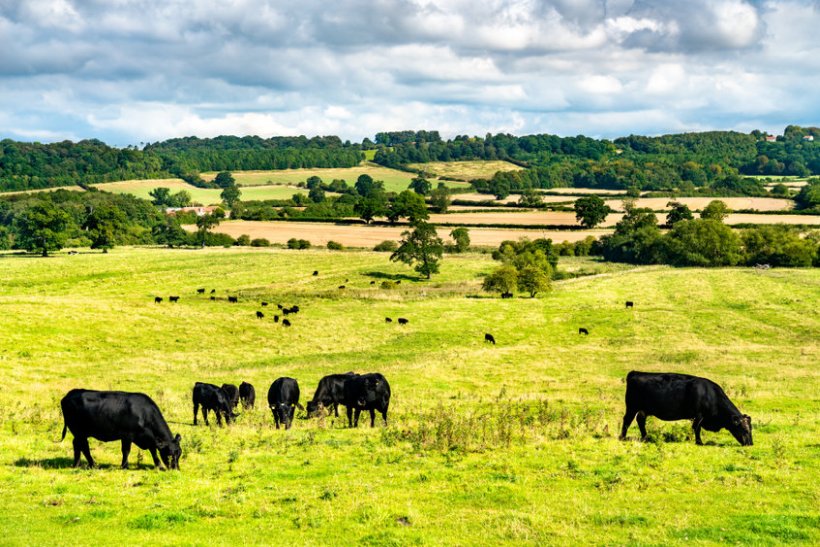EU beef farming to go greener by following UK best practice

European beef producers are taking steps to make their sectors more environmentally-friendly by listening and taking notes from British beef farmers.
Beef farmers in the UK who are using advanced sustainability practices will provide models for EU beef producers to follow.
As part of the EU's PATHWAYS project, which will contribute to the Farm-to-Fork strategy, UK universities and industry bodies will be working with British farmers to share best practice.
This includes achieving fully grass-fed diets and utilising technologies such as mobile abattoirs.
Institutions taking part include the University of Reading, Royal Agricultural University, UK Centre for Ecology & Hydrology and the Pasture-Fed Livestock Association.
Dr Laurence Smith, Lecturer in Agricultural Business Management at the University of Reading, said the UK was in an 'ideal position' to help Europe and the world put into practice more sustainable beef farming.
"We have some of the most passionate and focused advocates for grass-fed farming, which has a myriad of potential benefits not only for reducing emissions but also improving soil health, improving animal welfare and reducing food miles."
He added: “As the world increasingly recognises that significant changes need to take place to address the climate crisis, the agricultural sector and consumer behaviour has an important role to play.
"Beef and dairy can play an important role in getting us to a net zero lifestyle by recognising and championing practices such as grass-fed diets."
The Pasture Fed Livestock Association will be involved in the project, particularly in helping to determine sustainable livestock futures.
With over 700 members and over 100 certified farms in the UK, the PFLA champions the virtue of pasture-fed ruminants and their meat and dairy products.
Nikki Yoxall, Research Associate at the body said: “As the home of ‘grass-fed’, we are at the cutting edge of new grazing management techniques.
"[We] are confident that involvement in PATHWAYS will increase our capacity to act as a platform for regenerative farmers to learn and succeed, providing support for farmers transitioning to more sustainable production methods.”
The UK institutions have received nearly £1 million to ensure sustainable best practice is widely shared among farmers across Europe.








